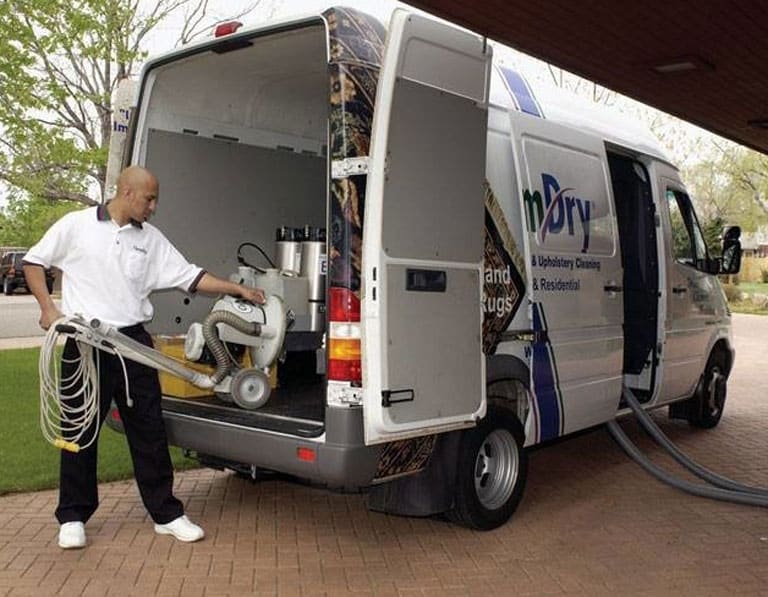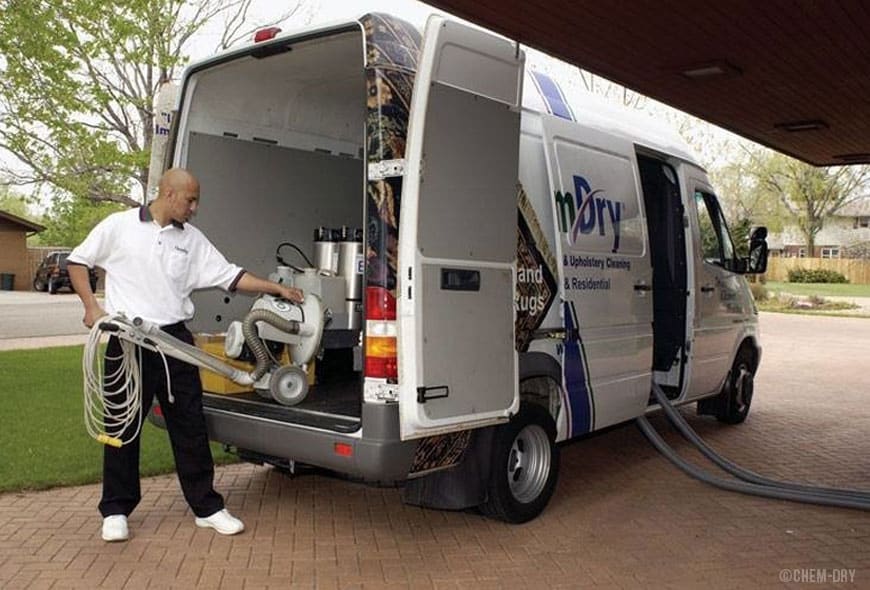Franchising: A good option for 1st Time Entrepreneurs
Growing up watching young peers like Mark Zuckerberg start their own wildly successful companies, millennials have been called the most entrepreneurial generation – favoring startups over traditional office jobs. However, what many first-time entrepreneurs might not consider is a franchising option.
In fact, based on a recent Deloitte poll, 70 percent of millennials say they’d reject an office job to work independently. In a separate study, 1 in 5 reported they wanted to quit their current jobs and start their own projects. According to the Bureau of Labor Statistics, half to two-thirds of millennials expressed an interest in entrepreneurship; 27 percent already were self-employed.
While the thought of owning a business is alluring, the reality for a millennial can be daunting – especially compared to those from the Gen X or Boomer generations, who have had decades to build their financial portfolio, networks and skill sets.
Faced with the desire to be their own boss, but challenged with lack of experience, many millennials should consider franchising as an ideal solution.
FRANCHISES HAVE BIG ADVANTAGES
Franchise owners are provided rights to market a brand’s goods or services within a certain territory or location, in exchange for a fee and royalties for ongoing support. The royalty fee also works to keep the company owner (franchisor) invested in the continued success of each franchise location.
Franchises provide the opportunity for business ownership and a level of independence alongside an established company with a proven record of success, and oftentimes a well-recognized brand name. Individuals will be more likely to see a higher probability of success through franchising than starting an independent business for a variety of factors, including:
- Shorter ramp up/opening period
- Initial training and ongoing support
- Lower costs through group purchasing
- Use of an established business model
- Marketing and advertising support and tools
- A network of peers to rely on for advice, mentoring and best practices
- Assistance with securing funding
The franchise model allows individuals to go into business for themselves, but not by themselves. In addition, many entrepreneurs find that joining a trusted and recognized network also provides their consumers with the comfort of purchasing items or services they are familiar with and working with names they know and trust.
The franchise model not only offers individuals the chance to go into business for themselves with support but also allows them to choose a field they are passionate about. For example, someone who truly loves sports and fitness can enthusiastically explore numerous exciting franchise gym opportunities, that will allow them to effortlessly combine their personal interests with a potentially successful business opportunity.
NO TWO BUSINESS ARE ALIKE
Although the franchising model is attractive, not all franchise concepts are alike. That’s why it’s critical for individuals to select the industry and business model best suited for their specific interests, needs and abilities. Time must be devoted to finding a suitable match for both the franchisee and the franchisor, including alignment on culture, values, goals and type of business.
There are seemingly endless franchises to choose from, all vastly different in size, scope and investment level. Franchise concepts can be product or service based, or a combination of the two. Many concepts, including most retail, food and fitness brands, operate out of a brick and mortar store, while others such as in-home services are typically home based, requiring an investment in a branded vehicle from which to deliver services within the specific territory purchased.
Home-based models, which are available in a wide variety of industries, are particularly attractive due to the lower initial capital investment and cost of expansion. They often provide brand recognition, a proven model of success and the marketing strategies of a big business with very low overhead expense. In addition, many prefer the flexibility in their work schedule that comes with being a mobile business and not being tied down to a brick and mortar store.
To determine the best business concept and model suited for them, millennials should thoroughly research each concept before investing. During the research process, below are just some of the initial questions a potential franchisee should consider prior to investing in a franchise:
- What is current marketplace demand for the product or service?
- Is the product or service need-based, which has more stable ongoing demand, or more of a trend or luxury service, which may not have as much long-term staying power?
- What type of initial and ongoing training does the franchisor provide?
- Is the concept an owner/operator model in which the franchisee has close day-to-day involvement?
- What kind of marketing and advertising support does the franchisor offer, to help get off to a strong start but also achieve continual and sustained growth over the years?
- Is there a royalty fee? If so, what does the franchisee receive in exchange for the fee?
- What are the terms of the franchise agreement? (An experienced franchise attorney is a must to review the contracts and advise the new franchisee prior to signing.)
- Does the franchisor provide assistance with a succession plan should the franchisee decide not to renew the agreement at the end of the term and/or decide to sell prior to the end of the term?
DUE DILIGENCE IS REQUIRED
Before investing in a franchise concept, a prospective franchisee should develop a clear understanding of their goals and what they hope the franchise will accomplish. For example, some business models require a greater time commitment, but may yield higher profits, while others will allow for increased flexibility to pursue interests outside of work. Skill sets must also be considered, as well as interests, available money to invest and level of risk one is willing to take.
Once these goals have been established, it will become much easier to navigate, and narrow down, the overwhelming number of options available. It may also be helpful to set a deadline for a decision to avoid constantly seeking out additional concepts, and not making a decision at all. Franchise brokers may be considered for expert assistance and guidance through the selection process as well.
After the best-suited concept has been decided, two or three months of due diligence should be taken to adequately vet the company of interest, beginning with its Franchise Disclosure Document (FDD). The FDD should be fully examined prior to signing any contract, with special attention given to the initial franchise fee, rules and restrictions, the franchisor’s business background, any litigation history, a financial performance representation if available and the specifics of what will be received upon entering the partnership (such as training and marketing support). Prospective franchisees should also seek out and talk to some of the company’s existing franchisees to gain a better understanding of the organization.
If everything continues to align, it is time to obtain financing. An important rule of thumb is to never invest more than 75 percent of cash reserves, should any unforeseen business problems occur. Typically, most new franchisees require a loan and can go to the franchisor before turning to a lender.
FINANCE OPTIONS FOR FRANCHISING
Nearly all U.S. franchisors provide debt financing, carrying either the entire loan or a fraction of it through the company. These loans can be structured in a number of ways, including loans based on simple interest, no principal or a balloon payment due up to 10 years down the road. Others offer loans with no payment due until after the first year. Another option is leasing, which is part of a package called “franchisor-sponsored financing.” This entails a monthly fee to rent equipment, furnishing and fixtures with a buy-out amount at the end of the leasing period.
Otherwise, individuals may seek out a loan from a traditional lender. Prior to approaching a lender, however, it is important to determine net worth, check credit scores and develop a business plan.
Other financing options include loans from friends or relatives, home mortgages, veterans’ loans, bank loans, SBA loans and finance companies. New franchisees can also take out a home-equity line of credit or a second mortgage, or look into equity financing. In equity financing, an individual must give up part of the business to an investor in exchange for the financing. The investors may then claim some control of the business operation, will have some ownership and can potentially take a share of the earnings.
For decades, franchising has been creating opportunities for individuals from all walks of life to take control of their destinies and enjoy the freedom and sense of accomplishment of working for themselves. With proper research, due diligence and dedication, more and more millennials can make their entrepreneurial dream a reality, and may find it easier to achieve the kind of success they’re striving for compared to other options for business ownership.











